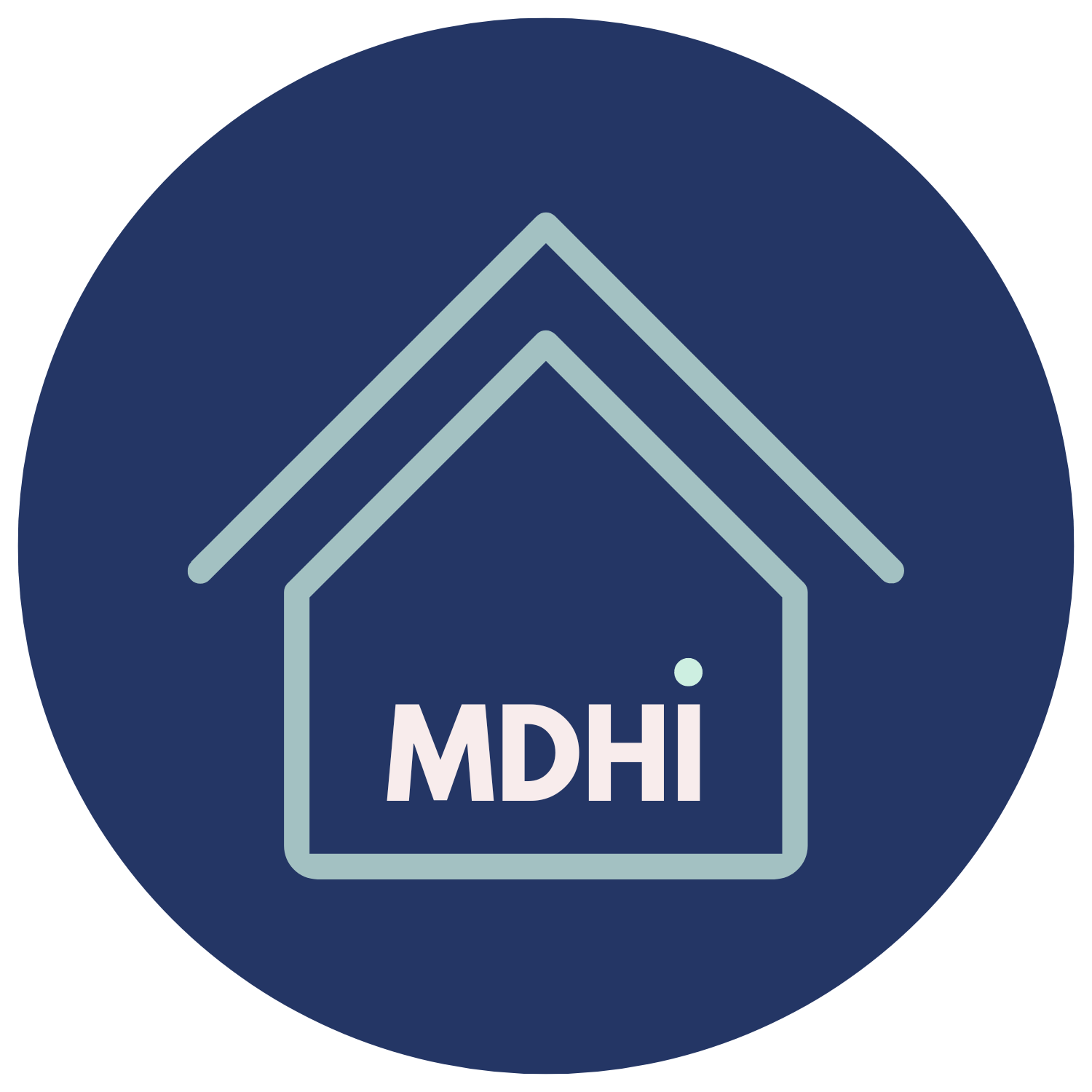Member Highlight: Denver Indian Family Resource Center
This Native American Heritage Month, we’re exploring the impact of culturally-inclusive programs and services with a local Native-led and serving organization that has been authentically leading this work since 2000. Denver Indian Family Resource Center (DIFRC) was founded to address the critically unmet need for culturally responsive services. They have been dedicated to addressing the overrepresentation of Native children being removed from their families, home, community, and culture through direct services and systems change efforts. DIFRC has become a trusted community resource because of the way they meaningfully support Native community members and organizations with child welfare or resource-related questions.
DIFRC recognizes that the extended family is the heart of American Indian life. Honoring the tradition of strong American Indian/Alaska Native (AI/AN) families drives DIFRC’s work. Thus, DIFRC strives to help families create a safe, healthy, and supportive home environment where children are nurtured and can remain connected to their culture. DIFRC offers culturally appropriate services to families built upon traditions that have sustained Indian tribes, communities, and families for centuries. DIFRC acknowledges and honors the tribal diversity in the urban Indian community of which it is a part and treats every child and family member with dignity and respect, regardless of tribal affiliation, degree of cultural or tribal connectedness, enrollment status, or family knowledge of Native lineage or tribal background.
Culturally-Centered and Impactful
Denver Indian Family Resource Center offers Family Services, Housing Services, the Nurturing Parenting Program, Basic Needs Services, the Seven Stars Collaborative, the Wakanyeja Waka Youth Program, and more. Their mission is to strengthen vulnerable AI/AN children and families through collaborative and culturally-responsive services.
In 22 years, DIFRC has provided services to 2,000 families and more than 3,000 children. Of these families, nearly 89% had positive permanency outcomes, much higher than the national average of 54%. As of 2022, DIFRC has successfully reunified and preserved nearly 90% of all AI/AN families in these services. DIFRC has also been instrumental in reducing the overrepresentation of AI/AN children entering area foster care by 162%.
“Denver Indian Family Resource Center has played an important role in mine and my children’s lives. When we had open cases with the Department of Human Services, they were there to support us through the difficult process of getting out of a domestic violence situation and beginning the journey of healing. They have stood by my family every step of the way, whether it was through encouragement, planting seeds of self-belief, or listening to the hardships we have faced and helping me to work through those issues. Denver Indian Family Resource Center will always be in my family’s lives because of the amazing help and knowledge they have given us. Thank you DIFRC!”
The Nurturing Parenting Program blends traditional Native American beliefs and practices with the national Nurturing Parenting Program curriculum. This type of culturally inclusive service is critical to supporting healthy family development in our community in a way that aligns with a family’s AI/AN culture and values rather than imposing Western ideals and beliefs. Their cultural responsiveness is what drives the long-term success of DIFRC and its client families. In 2021, a total of 274 parenting services (equivalent to 293 individual services) were provided in the parenting and adult education category to a total of 52 families:
Nurturing Parents/Nurturing Parents Prenatal: 127 (43.35%)
Home Visits: 94 (32.08%)
Supervised Visitation: 29 (9.9%)
Court Advocacy: 21 (7.17%)
Life Skills: 19 (6.48%)
Strengthening Families: 2 (<1%)
Safe and Secure: 1 (<1%)
From January-October 2022, DIFRC served 25 families (33 adults and 20 children) through its Housing Services:
14 families moved into a new place
4 families were prevented from eviction
7 families were given rental assistance
72 months of rental assistance provided
9 months of rental arrears paid
This data doesn’t include all the basic needs provided to client families such as food vouchers, transportation, shower assistance, clothing, utilities, school supplies, medical assistance, and more. In 2021, DIFRC provided 943 Basic Needs Services (equivalent to 2,060 individual services) across all programs. These services truly meet the needs of the most vulnerable in our community with the dignity and inclusiveness they deserve.
Contribute to the Solution
Seven Stars Collaborative - DIFRC serves as a resource of culturally competent professionals to serve families in need and to support partner agencies in their efforts to increase cultural responsiveness through the Seven Stars Collaborative. Anyone is invited to join Seven Stars. To participate, email Alisiana Medina, the Resource and Referral Specialist who facilitates the monthly meeting. They meet on the second Tuesday of the month from 9-10am via Zoom.
Wakanyeja Waka Youth Program - By focusing on a youth’s needs, especially youth in foster care, kinship care, or at risk of entering foster care, this program helps establish strong resiliency and life skills to support their growth and development while serving as a prevention tool for their own future families. To join the youth group, call DIFRC at 720-500-1020.
Be Informed - In 2021, DIFRC partnered with the Native American Housing Circle to conduct a Housing Needs Assessment to examine the housing needs of Native Americans in the Denver Metro area. This is the first report of its kind in our community. View the report here.
Join their Team - DIFRC is growing and currently hiring! Please visit their website to view open positions.
Support their Needs
DIFRC needs to replace their van, which they use to transport equipment to outreach events and deliver thousands of supplies and food to families in need. In 2021, this van helped to support 191 families, including the delivery of food boxes to 168 individuals. They need $35K to make this possible!

